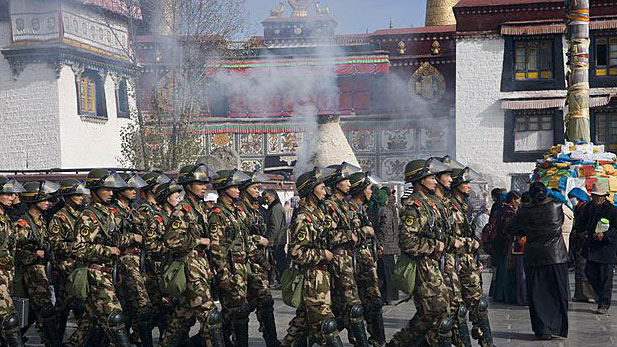(TibetanReview.net, May20’21) – The Human Rights Committee of the German Parliament, the Bundestag, has on May 19 issued a declaration, sharply criticizing the policies of the Chinese Communist Party in Tibet. In issuing the declaration, the committee has recalled the controversial end of Tibet’s de facto independence 70 years ago, said Washington-based International Campaign for Tibet May 19.
The group said the declaration passed with votes from the governing CDU/CSU and SPD, joined by opposition parties FDP and Alliance 90/The Greens. The occasion was the anniversary of the 17-Point Agreement which China had compelled Tibetans to sign under duress on May 23, 1951.
The declaration accuses China of continuing its strategy of assimilation and sinicization towards Tibetans as well as towards other minorities in other regions of the People’s Republic of China while being in blatant violations of the agreement.
As a result, the culture, traditional way of life, language, identity and religion of the Tibetans are threatened, the declaration says.
It expresses support for the Dalai Lama’s “middle way” proposal as an opportunity to avoid possible future conflicts.
The committee’s declaration expresses support for “the non-violent path of the Tibetan people to express their will for self-determination in this way” and “calls on the Chinese government again to respect the human rights of the Tibetans as well as their culture and religion and finally to guarantee this, as provided for in the 17-Point Agreement and as it is guaranteed in the constitution of the People’s Republic of China.”
It calls on the Chinese government to “immediately end the repression against the Tibetan people and to resume dialogue with the legitimate representatives of the Tibetans.”






